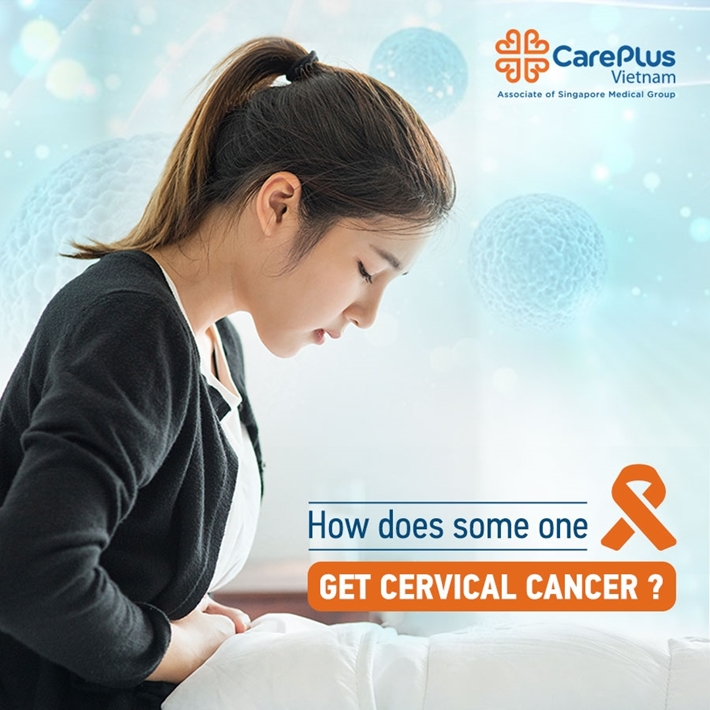How does some one get cervical cancer?

7/14/2021 4:50:49 PM
1. What is cervical cancer?
Cervical cancer (CC) originates from the cells lining the cervix: squamous cells in the outer cervix lead to squamous cell carcinoma - accounting for 80% - 90% of cases, and adenocarcinomas in the cervix. The internal cervix leads to adenocarcinoma - which accounts for the majority of the remaining issues. These two types of cells meet the transition zone of most cervical cancers, starting from the cells in this transition zone. Development into cancer begins with precancerous changes, which often take years, and then only a few develop into cancer. Well-treated precancerous lesions can avoid most cancers. Cervical cancer kills about 270,000 women worldwide each year, 85% of which are in developing countries.
2. Risk factors for cervical cancer
HPV infection
HPV stands for Human Papilloma Virus - a virus that causes human papillomavirus. There are more than 100 different types of HPV, but only a few are highly cancerous. Not everyone infected with HPV will develop cervical cancer, but conversely, more than 95% of cervical cancers detected are caused by the HPV virus.
HPV can be spread from person to person through skin-to-skin contact, transmitted through sexual communication, including vaginal, anal, and oral sex. HPV is not shared by sitting on the toilet or touching doorknobs.
Immunodeficiency
HIV in people with AIDS damages the immune system and puts a woman at high risk for HPV infection and, therefore, more susceptible to cervical cancer.
Infection with sexually transmitted diseases: HSV (herpes simplex virus, which causes genital herpes), HIV, chlamydia
Smoking tobacco products found in the cervical mucus of women who smoke damage cervical cells' DNA and can cause cervical cancer.
First full-term pregnancy before the age of 17 The risk of cervical cancer is twice as high as that of women 25 years of age or older with a later pregnancy.
Long-term use of oral contraceptives According to one study, the risk of cervical cancer doubled in those who took the pill for more than five years but returned to normal after ten years of stopping the medication.
Family history of cervical cancer
3. Is cervical cancer contagious?
Cervical cancer is not contagious. However, because HPV - the virus involved in about 99% of all cases of cervical cancer - is infectious. So cervical cancer is not transferable once you have the disease, but it can infect the HPV virus.
The HPV virus can transmit through any sexual contact in both men and women, but the virus poses a greater risk in women. Regarding the way of infection, HPV can transmit through unprotected sex, mother-to-child, shared underwear, or direct skin-to-skin contact. : early sex, many sex partners, poor hygiene after sex, multiple births, contracting sexually transmitted diseases, smoking, using birth control pills a lot, stress will increase HPV infection.
4️. Is cervical cancer hereditary?
Cervical cancer is not usually inherited. Cervical cancer is caused by human papillomavirus (HPV). However, some studies suggest that mothers with cervical cancer have a higher chance of having this disease.
5️. Get vaccinated against HPV to prevent cervical cancer
Although cervical cancer is a dangerous disease and can transmit by carrying the HPV virus, it is an entirely preventable disease with the HPV vaccine. In Vietnam, the HPV vaccine is indicated for women between 9 and 26, regardless of whether they have sex or not. Experts recommend that women get vaccinated against cervical cancer as soon as possible. Vaccines are effective for up to 30 years.